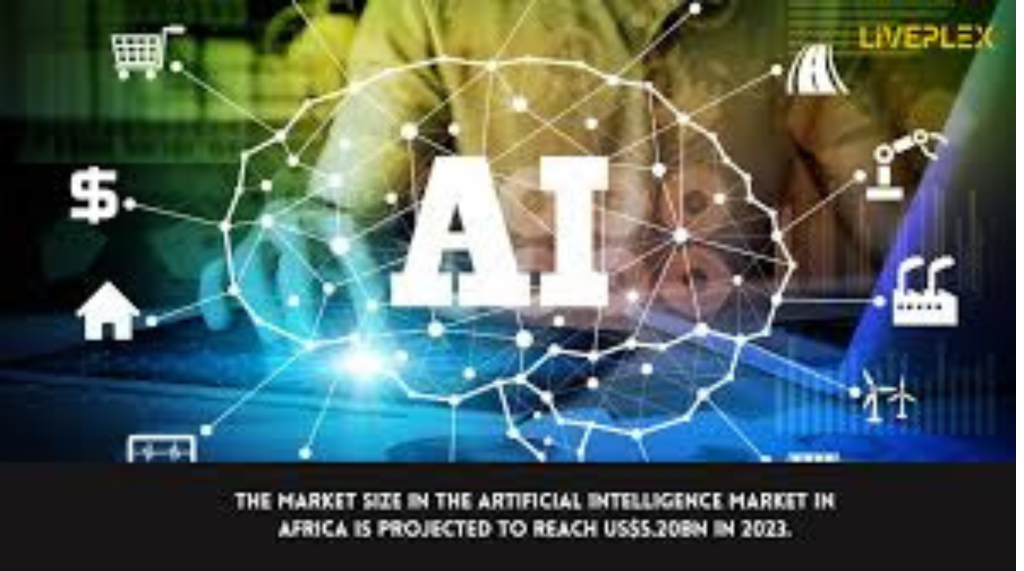Today, tech experts gathered in Johannesburg to assess the challenges and promises of artificial intelligence (AI) in Africa’s workforce. This significant event brought together industry leaders, policymakers, and academics to discuss how AI can transform various sectors while addressing concerns about its impact on employment.
The conference opened with keynote speeches highlighting the rapid advancements in AI technology and its potential to drive economic growth across the continent. Experts emphasized that AI has the capability to enhance productivity, streamline operations, and create new job opportunities, particularly in fields such as healthcare, agriculture, and finance.
Opportunities for Growth
During the discussions, participants explored various applications of AI that could benefit African industries. For instance, in agriculture, AI-driven tools can optimize crop yields through data analytics, helping farmers make informed decisions about planting and harvesting. Similarly, in healthcare, AI can improve diagnostic accuracy and streamline patient care, particularly in remote areas where access to medical professionals is limited.
Speakers also pointed out that Africa has a youthful population, which presents a unique opportunity to harness talent for developing and implementing AI solutions. The growing tech ecosystem in countries like Kenya, Nigeria, and South Africa is fostering innovation and creating an environment conducive to AI growth.
Addressing Challenges
However, the conference also addressed significant challenges associated with AI integration. Experts warned that the rapid deployment of AI technologies could exacerbate existing inequalities, particularly for low-skilled workers. There are concerns that automation may lead to job displacement in sectors reliant on manual labor.
Additionally, the lack of infrastructure and investment in digital education were identified as barriers to AI adoption. Many countries in Africa still face challenges in internet access and technology deployment, limiting the potential benefits of AI.
Collaboration and Policy Development
To tackle these challenges, speakers emphasized the importance of collaboration between governments, private sectors, and educational institutions. Developing policies that promote inclusive AI growth and investing in education and skills training are crucial for preparing the workforce for the changing job landscape.
As the conference concluded, participants expressed a commitment to fostering a balanced approach that maximizes the benefits of AI while minimizing its risks. There was a consensus that with the right strategies in place, Africa can position itself as a leader in the global AI landscape.




















